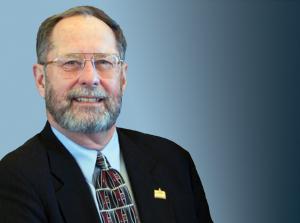Politics and Infrastructure Development
Rep. Sloan was elected to his 12th term in the Kansas House of Representatives. He serves on DOE, FCC, and EPA advisory committees and has hosted FERC Commissioners in Kansas. He focuses on energy, telecommunications, and water policy interactions in Kansas and nationally.
Court and political decisions are blocking the construction of natural gas pipelines in Northeast states because of anti-hydraulic fracturing and landowner opposition. Lawsuits are opposing the Pepco merger because of generation diversity concerns.

Opposition to petroleum pipelines in the upper Midwest persists. The federal land management agencies place constraints on energy infrastructure development.
All of this reflects a movement away from trusting government agencies and leaders to have consumer and landowner interests as priorities, and indicates a preference for renewable distributed generation and energy conservation.
In the age of the Internet, blogs, tweets, Facebook postings, and other forms of instantaneous universal communication technologies, incorrect information and parochial perspectives spread faster than facts and national perspectives. What happens in the energy arena in one state provides fodder and guidance to anti-energy infrastructure advocates across the country.
Unfortunately, but understandably, too many local and state elected officials tend to automatically agree with those people attracting the most media attention. Political self-preservation is all too frequently a higher priority than facilitating discussions that address facts and seek consensus to ensure a reliable, adequate, and affordable electric grid.

